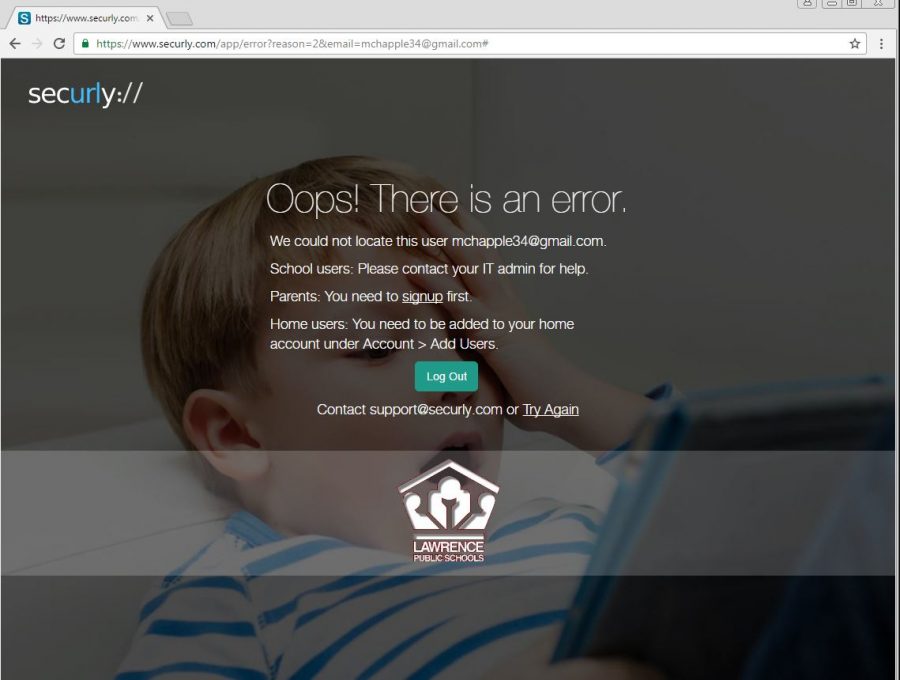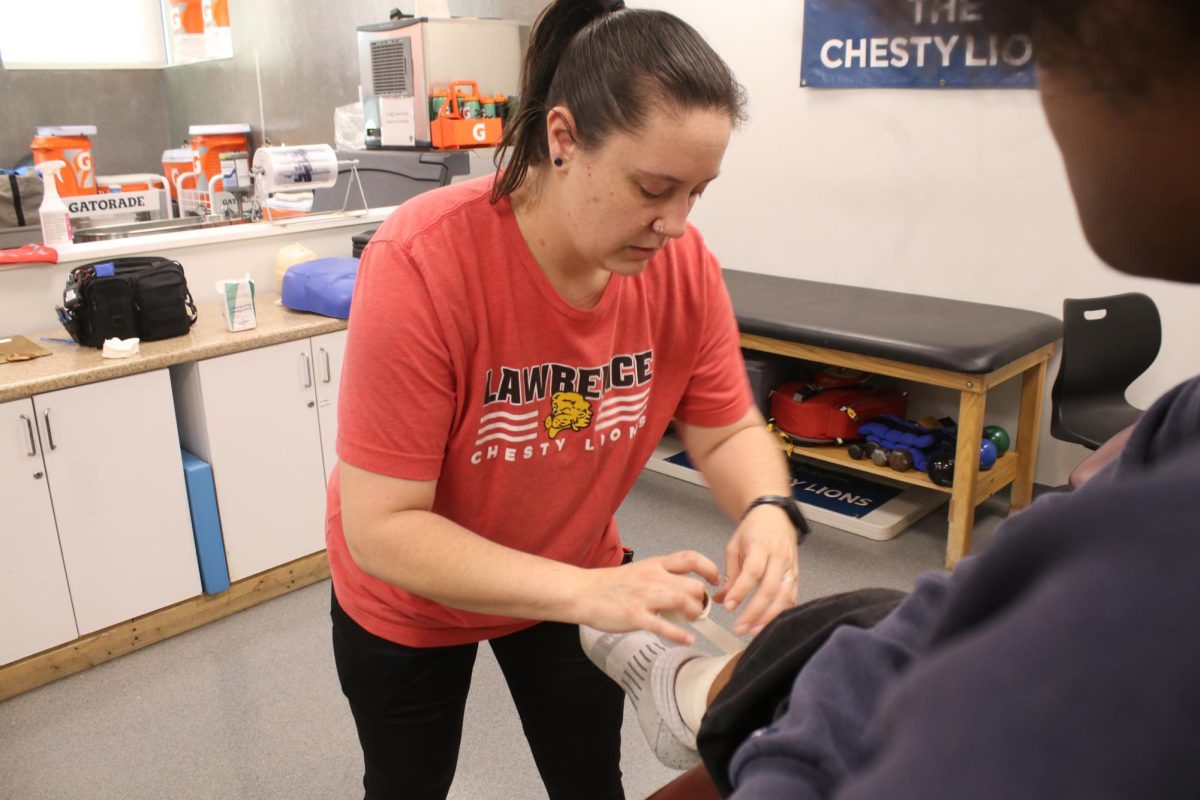Securly protects on and off-site
New filtering solution implemented by district
October 4, 2016
Many students have come across this screen on their computer: “Securly:// Oops! There is an error.”
After searching for a music, social media or other type of website, this screen cuts the user from their search and stops travel to that site.
Securly is a different program from previous years. It is a new filtering solution implemented by the district this year.
Securly was chosen because unlike the district’s previous filtering program, iBoss, it allows the district to filter one-to-one devices off-site.
Securly, like iBoss, protects students from cyberbullying and assures that no inappropriate sites are accessed on school computers, however it also permits filtering when students are not at school.
“We want to make sure the students are still protected when they’re outside the district,” said Jennifer Fessenden, supervisor of the district’s department of technology services.
Some students have complained about certain blocked sites, like Netflix, Soundcloud and Pandora. These sites, which stream video and music, use up a lot of the district’s bandwidth, or the amount of data transferred from one point to another.
“If we have everyone in the district streaming, then it [the bandwidth] drains,” Fessenden said. “So that’s primarily the reason for those kinds of things that are blocked.”
This program has gotten complaints by students and teachers, but the main goal of the IT department is to refine and fine tune all the issues in this first year of using Securly.
“We’re starting over with Securly,” Fessenden said. “So this first year we’re trying to figure out what are those websites we need to unblock or other things that we need to block that we haven’t really honed in on what it really needs to look like.”
Securly was implemented in hopes of filtering students’ one-to-one devices, and time will tell whether this new filtering solution is effective with the district’s advancements in technology.
“[It might] seem like there’s issues out there,” Fessenden said. “It’s just we haven’t been able to really customize it [Securly] the way we need to yet.”


























